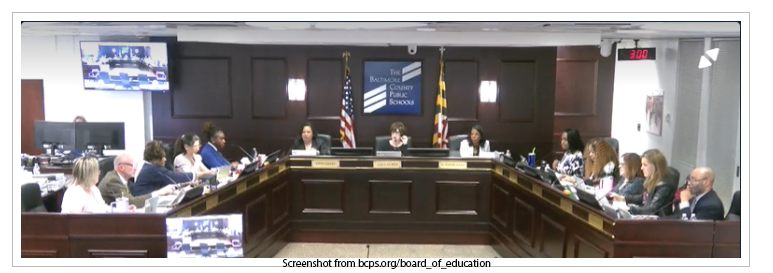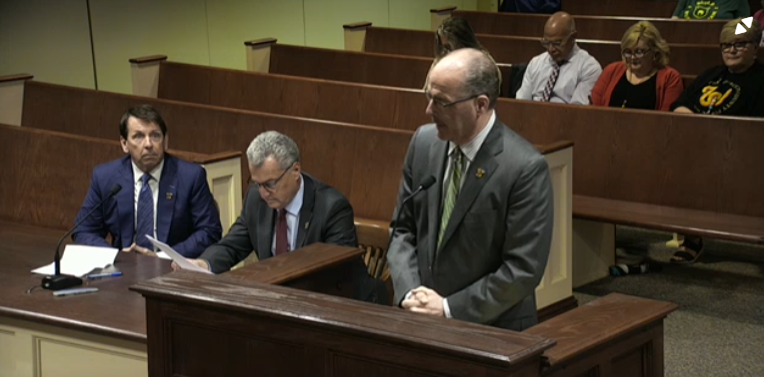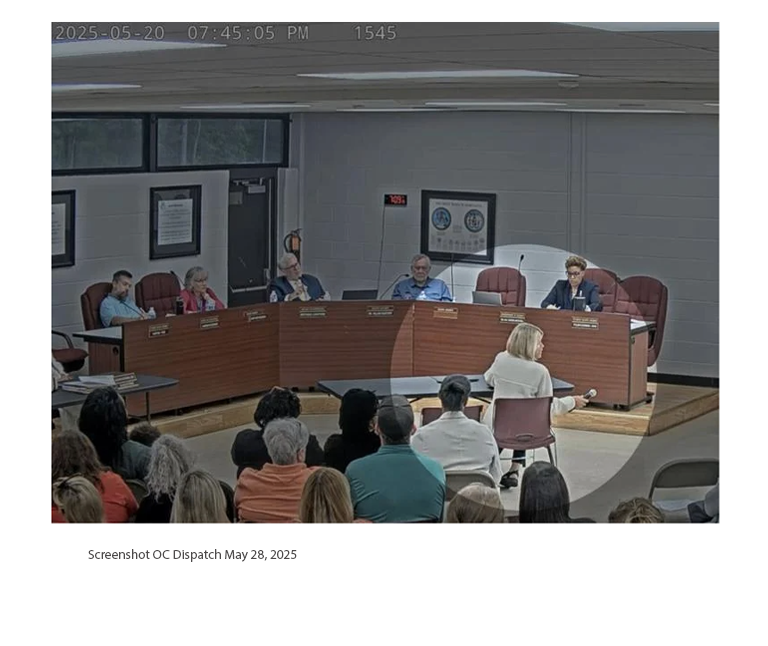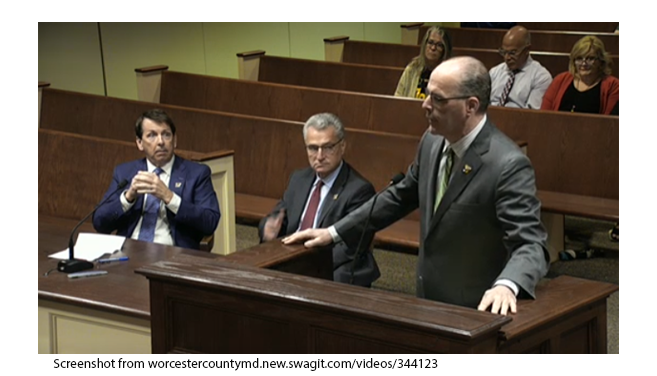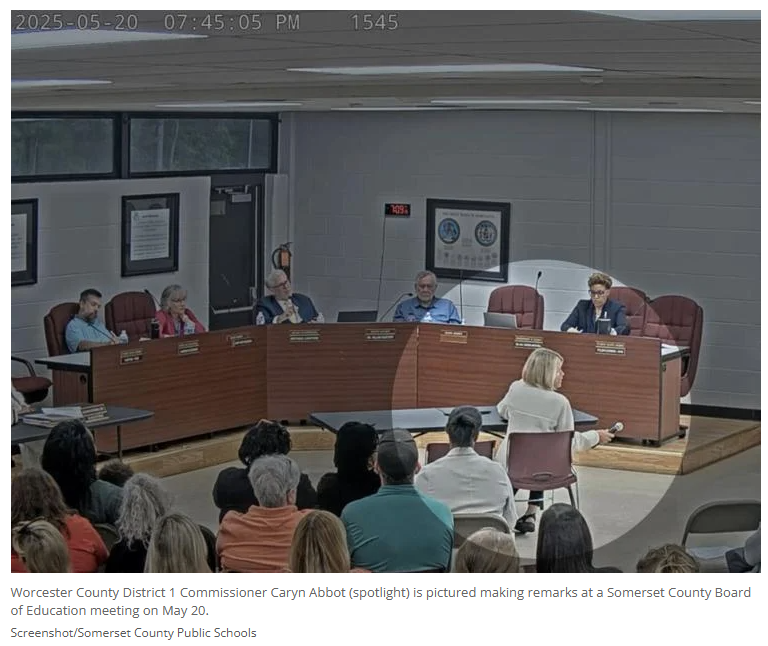
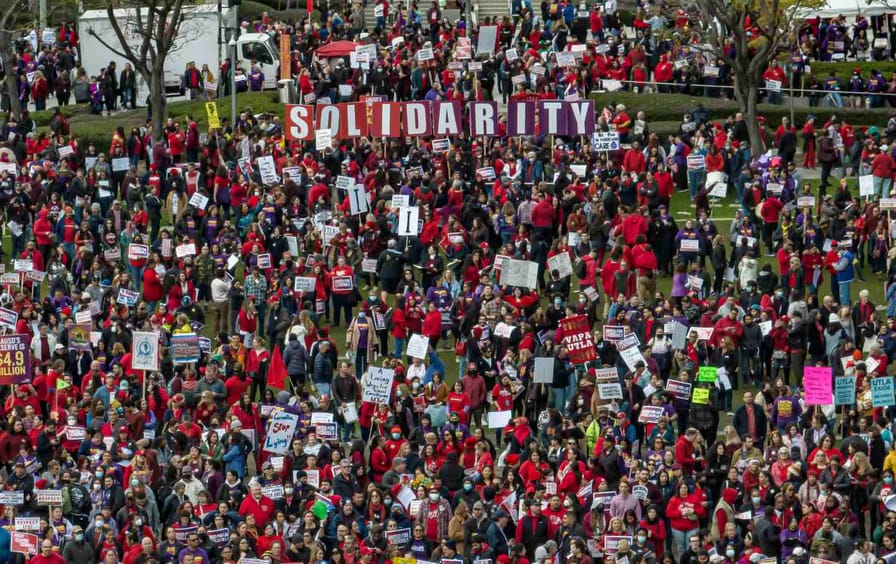
Why 60,000 Education Workers Walked Off the Job In Los Angeles
Los Angeles, Calif.—On March 21, the 25,000 custodians, cafeteria workers, campus aides, bus drivers, teaching assistants, special education aides, building and grounds workers who are members of the Service Employees International Union (SEIU) Local 99, walked off the job in a three-day unfair labor practices strike against their employer, the Los Angeles Unified School District (LAUSD). The decision by 35,000 mostly teacher colleagues—including Cecily Myart-Cruz, president of United Teachers Los Angeles (UTLA), the UTLA membership, and myself among them—to refuse to cross SEIU’s picket line led a total of 60,000 workers across two unions to go on strike together, hitting the streets united, and creating one of the largest labor actions Los Angeles has ever seen. In a deepening of the last 13 years of national upsurge among education workers—often called “Red for Ed”—the SEIU members’ strike added a distinctly purple (the SEIU’s traditional color) hue.
Local 99 represents workers in LAUSD without whom schools don’t run, and students don’t get what they need: quality food, clean buildings, well-maintained grounds, individualized attention in classrooms, and more. The Local 99 workforce is overwhelmingly composed of women and people of color, many of whom live in the same neighborhoods as the schools in which they work; almost half have children who attend LAUSD schools. Their average salary is $25,000 per year, but many are systematically denied health care by LAUSD’s not granting enough work hours, 24 percent have reported recently not having enough to eat, and 33 percent have said they have been homeless or at risk of being unhoused while working for the giant public services employer. By keeping their own employees poor, LAUSD, an educational institution, is systematically exacerbating one of the most significant problems in education: student poverty.
Meanwhile, LAUSD is holding onto an astronomical $4.9 billion reserve, in the wake of a devastating pandemic, and amid record funding for K-12 education in California.
Walking an exuberant and rainy picket line, Corey Wilson, a Local 99 member and campus aide at Hollywood High School for six years, said, “I’m striking because I’m broke. I have to drive an Uber, too. And, I still won’t have enough to send my daughter to college.” Wilson, who also coaches track at the school, knows his importance, saying, “I’m proud I’m a role model and a support for students, particularly for young Black men.”
Four days after the beginning of the strike, SEIU won massive victories, including a 30 percent wage increase over 3 years, retroactive pay, bonuses for working during the pandemic, guaranteed hours of work for Special Education Assistants, and fully paid health care benefits—including family coverage—for many workers who had not previously had it.
The latest strike builds on a decade of increased organizing and militance in public education in Los Angeles. Gabriela Dueñas, a Local 99 member and instructional aide at Ford Boulevard Elementary in East LA, said, “The 2019 LA teachers strike was a huge inspiration to me in going on strike now. I thought of the huge impact that strike had on our schools and our community. It allowed us to see the power we hold.”
As longtime teachers in South LA schools, Myart-Cruz and I helped lead a slate of forward-thinking, community-connected, racial justice–centered educators to an internal union election victory of a progressive rank-and-file caucus in 2014. Since then, UTLA has transformed itself—building an organizing union based on high member participation, structured democratic dialogues, and citywide structure tests; overwhelmingly passing a dues increase to fund member and community organizing; founding a vibrant labor/youth/parent/community coalition; institutionalizing a racial justice/community demands approach to bargaining—and winning a massive strike in 2019.
Because of our own transformation, UTLA has worked closely with Local 99 in recent years—advocating in bargaining for Local 99 members without health care, working with Local 99 within the Movement for Black Lives, voting to solidarity strike with Local 99 in 2018 leading to an SEIU contract win then, and working with Local 99 on two key school funding efforts. This strike is the deepest collaboration yet, and an enormous step forward in terms of power, scale, coordination, and member leader-to-member leader engagement across 900 work sites. It is exhilarating to participate in and see UTLA and Local 99 shop stewards working together closely on the fundamentals of effective strike mobilization.
In the current national discussions of the recent labor upsurge, there is much said about increasing union density, but not so much about how we want unions to operate and what we want them to be able to win. LA’s hard-learned lessons on organizational transformation, democratic practices, power, scale, and working solidaristically across groups of workers through their unions provide important and visionary guideposts for the country.
Editor’s Note: This piece has been updated to reflect the results of the strike, which were not available when it was first published.
Dig Deeper With Our Longreads
Newsletter Sign up to get our best longform features, investigations, and thought-provoking essays, in your inbox every Sunday.
The MEN was founded by John Huber in the fall of 2020. It was founded to provide a platform for expert opinion and commentary on current issues that directly or indirectly affect education. All opinions are valued and accepted providing they are expressed in a professional manner. The Maryland Education Network consists of Blogs, Videos, and other interaction among the K-12 community.


